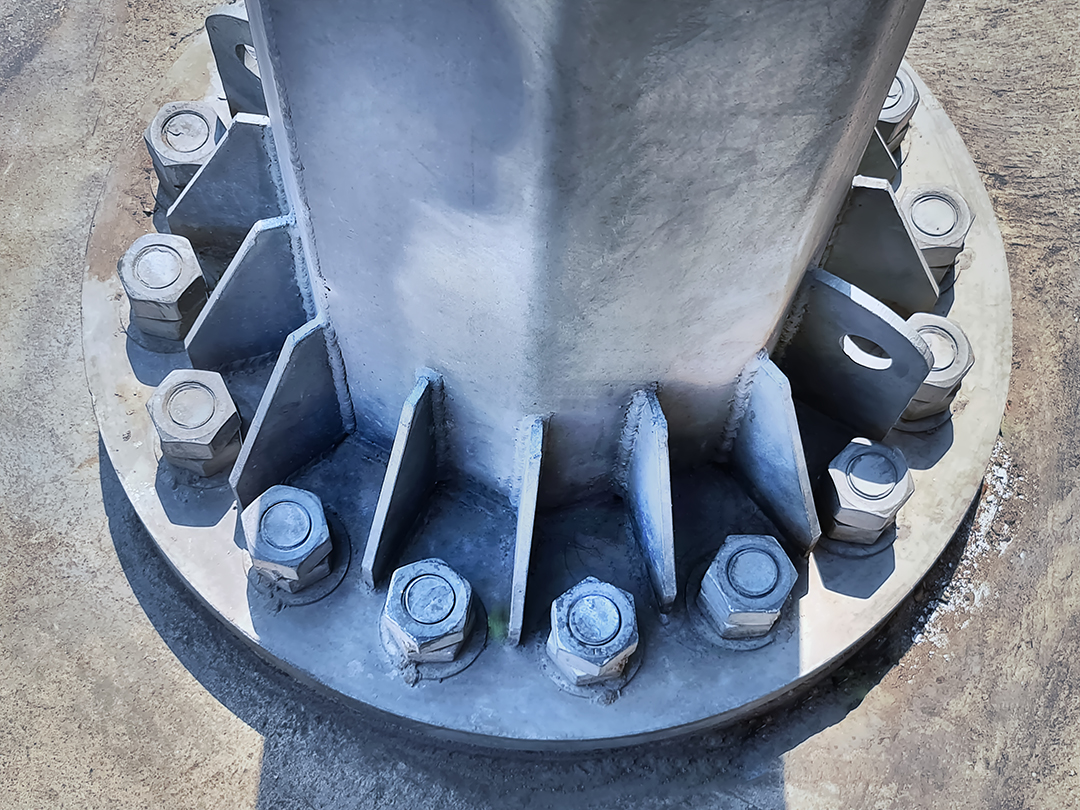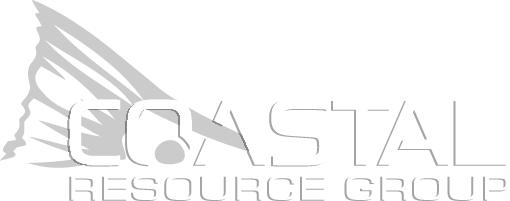Industrial operations depend heavily on the integrity of piping systems. Whether in petrochemical plants, refineries, water treatment facilities, or oilfields, flanges and gaskets are critical to connecting, sealing, and maintaining safe pipeline systems. Choosing the correct type is essential not only for performance but also for long-term reliability and maintenance efficiency.
Understanding Flange Types Used in Industry
Flanges provide mechanical support and allow pipelines to be assembled, disassembled, or maintained without cutting into the pipe. Different flange types are selected based on pressure rating, temperature conditions, and compatibility with the piping material.
| Flange Type | Main Advantages | Key Disadvantages |
| Weld Neck Flange | Handles high pressure and temperature; minimizes stress | Requires skilled welding; higher cost |
| Slip-On Flange | Easy to install and align | Lower strength; limited to low-pressure applications |
| Socket Weld Flange | Good for small-diameter, high-pressure systems | Not ideal for corrosive environments due to crevices |
| Blind Flange | Excellent for pressure testing; seals the end of a pipe | No flow-through; used for blocking only |
| Lap Joint Flange | Allows easy alignment and dismantling | Lower pressure handling; needs stub end support |
| Threaded Flange | Quick connection without welding | Not suited for high pressure or temperature |
Common Gasket Types in Industrial Applications
Gaskets form the sealing interface between flange faces and must resist pressure, temperature, and media exposure. Selecting the right gasket depends on the material, compression characteristics, and sealing requirements of the application.
| Gasket Type | Primary Benefits | Potential Limitations |
| Spiral Wound Gasket | High-pressure and temperature tolerance | More expensive and complex installation |
| Ring Type Joint (RTJ) Gasket | Ideal for high-integrity sealing in extreme conditions | Requires matching RTJ flange faces; cannot be reused |
| Compressed Non-Asbestos Gasket (CNAF) | Cost-effective and good for general use | Degrades under high temperatures or aggressive media |
| PTFE Gasket | Excellent chemical resistance and hygiene | Low compressibility; risk of cold flow |
| Metal Jacketed Gasket | Withstands harsh environments and high stress | Requires smooth flange faces; less forgiving of misalignment |
Material Selection and Compatibility Considerations
Both flange and gasket materials must be chosen based on fluid type, temperature range, and mechanical loading. Mismatched materials can result in corrosion, seal failure, or unsafe operating conditions.
Common Flange Materials:
- Carbon Steel – Widely used for oil and gas systems.
- Stainless Steel – Suitable for corrosion-prone environments.
- HDPE – Used for chemical transfer and water supply lines.
- Alloy Steel – Preferred for high-temperature systems.
Common Gasket Materials:
- Graphite – High thermal resistance.
- EPDM – Flexible and good for water systems.
- PTFE – Chemically inert and food-safe.
- CNAF – General purpose for compressed air and low-pressure liquids.
Matching Flange and Gasket for Industrial Uses
The performance of a piping system depends on how well the flange and gasket pair together. For instance, a high-pressure system with weld neck flanges will often require spiral wound gaskets, while low-pressure water systems with slip-on flanges can use rubber or CNAF gaskets.
Factors influencing the match include:
- Operating pressure and temperature;
- Media compatibility;
- Flange surface finish and design; and
- Desired maintenance frequency and cost.
Installation and Maintenance Factors
Improper gasket installation or flange alignment can result in leaks, system downtime, or flange face damage. Regular inspection and torque checks are required to maintain gasket integrity and performance.
Key best practices include:
- Using calibrated torque tools;
- Ensuring clean and undamaged flange faces;
- Following a star pattern tightening sequence; and
- Replacing gaskets every time the joint is broken.
Pressure Ratings and Temperature Limits in Flange and Gasket Selection
Pressure and temperature play a decisive role in determining the durability and safety of flange and gasket assemblies. Each component must meet or exceed the system’s operating limits to prevent deformation, leakage, or failure during service. Understanding the pressure class and material temperature rating is key to proper specification.
Flange Pressure Classes:
- Class 150 – Suitable for low-pressure applications such as water systems.
- Class 300 to 600 – Used in oil and gas pipelines and industrial processing systems.
- Class 900 and above – Reserved for high-pressure steam, chemical, and offshore environments.
Temperature Resistance by Gasket Type:
- Graphite: Performs up to 900°F, ideal for high-heat environments.
- PTFE: Chemically resistant and safe up to 500°F.
- Spiral Wound: Withstands both high temperature and pressure when paired with metal windings.
- Rubber (EPDM, NBR): Limited to lower temperatures, typically under 300°F.
Underrating pressure or temperature tolerance can lead to flange warping or gasket blowout. This makes accurate system specification and regular field testing a necessary part of maintaining flange and gasket performance in demanding industrial environments.
Flange and Gasket Comparison Across Industries
Each industrial sector has specific pressure, chemical, and environmental demands. Selecting the right flange and gasket combination is critical to ensure leak-free connections, long-term durability, and compliance with operating standards across different applications.
| Industry | Typical Flange Type | Preferred Gasket Type |
| Oil & Gas | Weld Neck, RTJ | Spiral Wound, RTJ |
| Water Treatment | Slip-On, HDPE Flanges | EPDM, PTFE |
| Petrochemical | Blind, Socket Weld | Graphite, Metal Jacketed |
| Food & Beverage | Threaded, Lap Joint | PTFE, Silicone |
Enhancing Your Sealing Operations with Coastal Resource Group
Uninterrupted industrial operations depend on reliable flange and gasket components. Coastal Resource Group delivers this reliability as Texas’s comprehensive industrial supply partner, serving oilfield, petrochemical, and heavy industrial operations with expertise and precision.
Our complete sealing solutions include:
- Premium HDPE pipe systems and compatible flanges.
- On-demand fusion equipment rental for field connections.
- Diverse gasket materials tailored to your application.
- Complete inventory of fasteners and specialized tools.
- Emergency delivery service available 24/7.
With strategic locations in La Porte and Seguin, Texas, we eliminate supply chain concerns through rapid response and technical knowledge. From high-pressure pipeline seals to environmentally safe HDPE installations, our products meet your exact specifications.
Need sealing solutions that match your industrial requirements? Contact Coastal Resource Group today for a straightforward quote from specialists who understand your pressure challenges.


